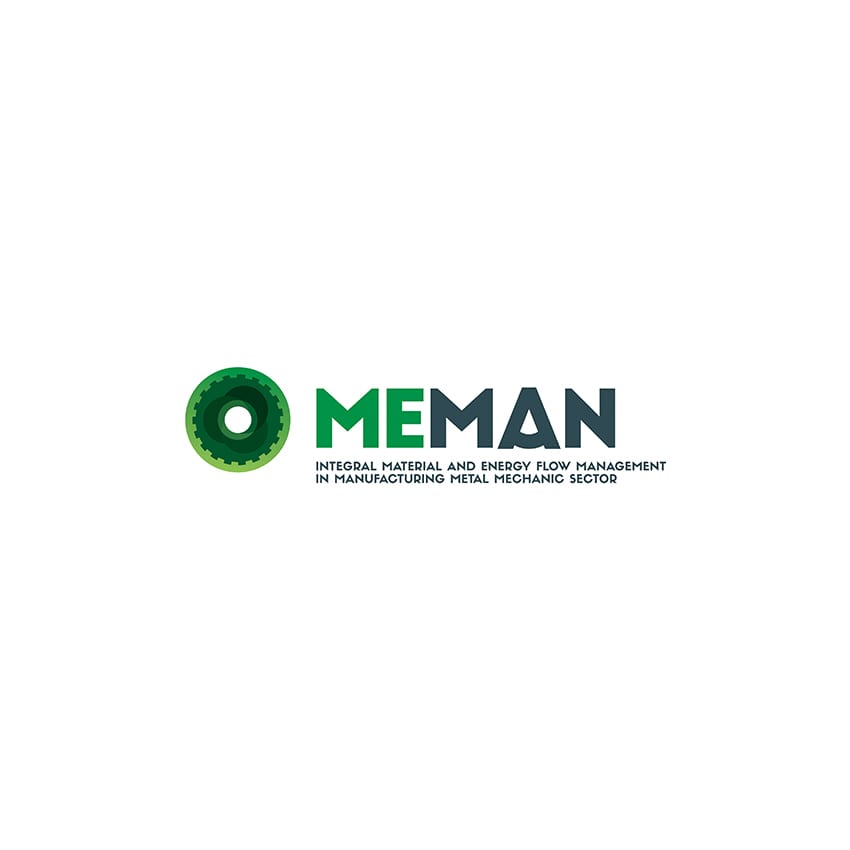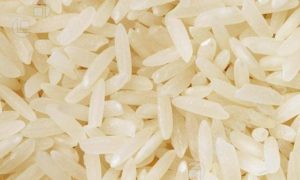‘Ethanol industry can save Nigeria $7.4bn annually’

Ojowu, speaking at MEMAN’s workshop, highlighted Nigeria’s ethanol potential, citing a 40% loss in cassava yield annually. Nigeria, with 26% of global cassava production, seeks to leverage ethanol to boost economic stability and energy needs. MEMAN’s Executive Secretary, Clement Isong, emphasized renewable energy’s role, advocating for a diversified energy mix. Ethanol, part of Nigeria’s biofuels policy since 2007, holds promise for economic arbitrage and sustainable energy solutions, shaping Nigeria’s energy future.
The development of the ethanol industry as a biofuel is capable of saving Nigeria about $7.4 billion annually, Agwu Ojowu, Senior Consultant, Africa Practice, has said.
Ojowu stated this in his presentation at the Major Energies Marketers Association of Nigeria(MEMAN) Competency Centre Series workshop with the theme “Ethanol as a Biofuel,” held via Zoom at the weekend.
Ojowu in his paper pointed out that cassava, one of the sources of ethanol, has an estimated 40 per cent (about $7.4 billion of its yield) lost, out of the 63 million metric tons of its annual production.
He added that Nigeria holds 26 per cent of the global cassava production.
‘‘40 percent of this yield is lost each year but ethanol production could mitigate these losses, enhance economic stability to reverse the depreciating value of the naira,” Ojowu said.
He highlighted the significant potential and benefits of ethanol as a renewable energy source for Nigeria, saying the product was capable of addressing Nigeria’s energy needs while boosting economic growth and environmental sustainability.
He added that ethanol presents numerous benefits, including economic, environmental, and agricultural advantages, without necessitating vehicle modifications.
He said that Nigeria’s foray into ethanol began with the 2007 biofuels policy, which mandated a 10 per cent ethanol blend in fuel.
“Despite initial challenges, including the suspension of the policy in 2008 due to blending inconsistencies, the potential for ethanol remains significant. Ethanol is cost-effectiveness compared to petrol has historically led to economic arbitrage, suggesting that a well-regulated biofuel market could be economically advantageous.”
The Executive Secretary of MEMAN, Clement Isong, in his remarks at the workshop emphasized the critical role of renewable energy in addressing Nigeria’s energy poverty. He highlighted the importance of diverse energy sources, including biofuels, solar, hydroelectricity, and potential wind energy to create a balanced and sustainable energy mix.
“MEMAN is committed to engaging with the media and industry stakeholders to advocate for energy solutions that meet Nigeria’s needs”.
He expressed optimism about the future of renewable energy in Nigeria and the continued efforts to enhance media engagement and industry collaboration.
According to him, MEMAN is now exploring the spectrum of energy mix in Nigeria with focus to close the existing supply and demand gap in the Nigeria energy market.
To this end, he said the association has expressed optimism about the future of renewable energy and is therefore insisting that it holds the key solution in meeting the Nigeria’s energy needs.
He added that ethanol as a biofuel is a transformative energy source with the potential that can shape the Nigeria’s energy landscape and pave the way for a sustainable and economically robust future.
Source Link : https://sunnewsonline.com/ethanol-industry-can-save-nigeria-7-4bn-annually/















